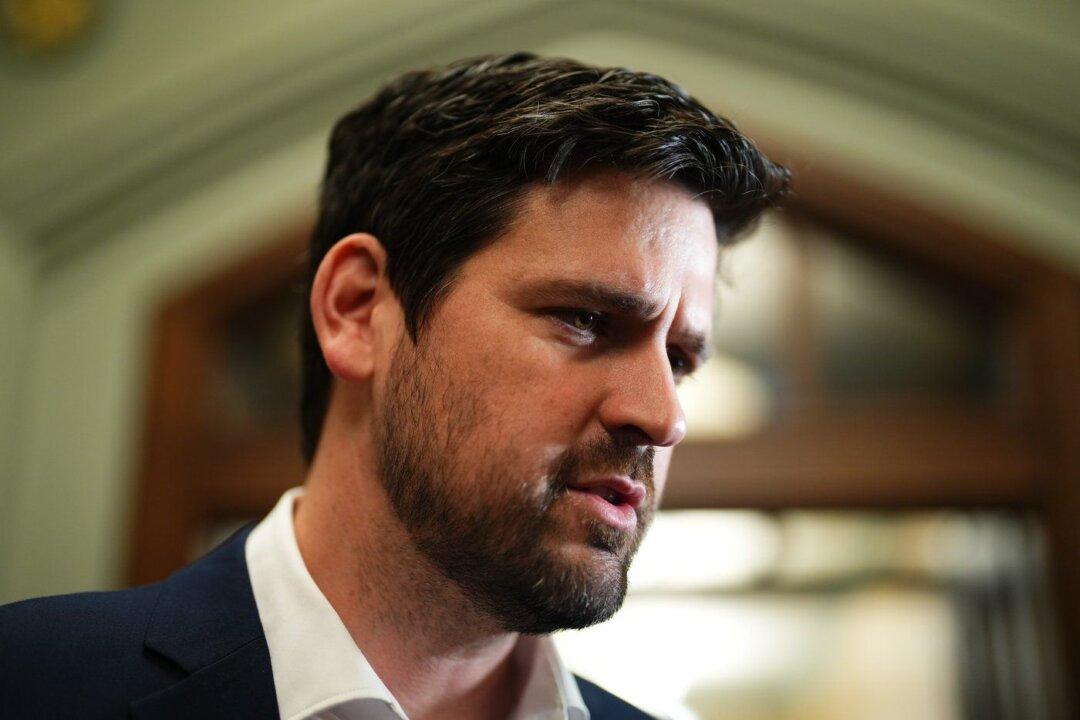The federal government plans to attract more so-called “digital nomads” in the Science, Technology, Engineering, and Mathematics (STEM) fields while opening new pathways to permanent residency for entrepreneurs.
Immigration Minister Sean Fraser made the announcement during the Collision tech conference in Toronto on June 27.





